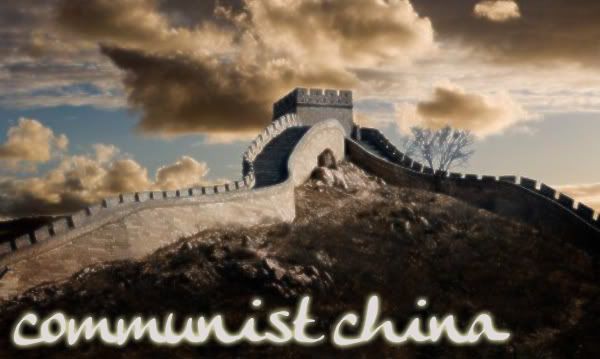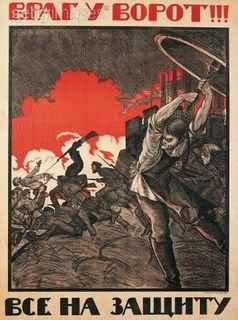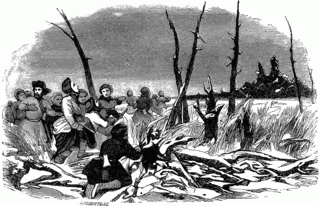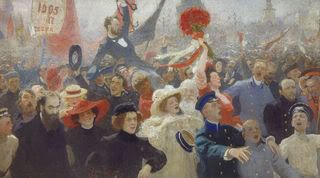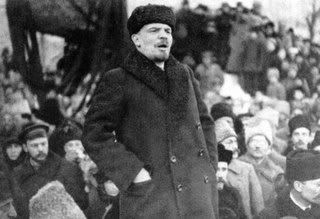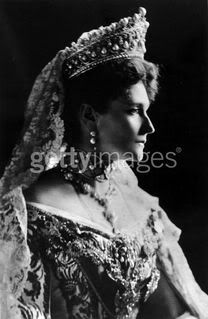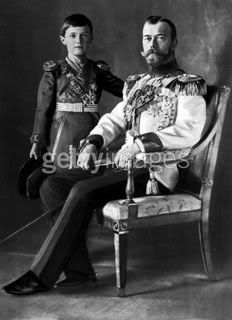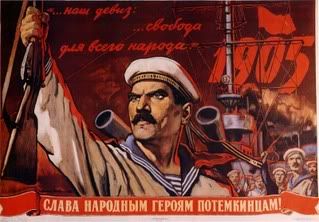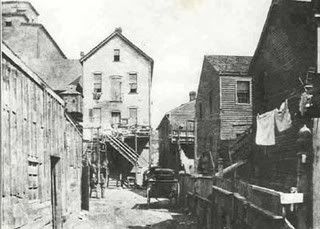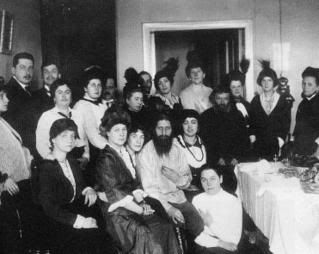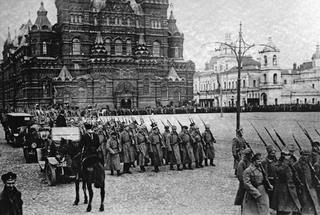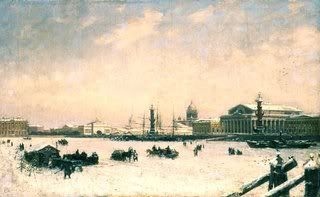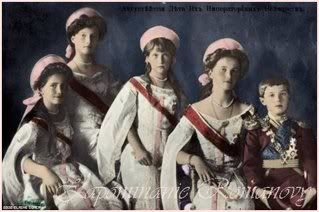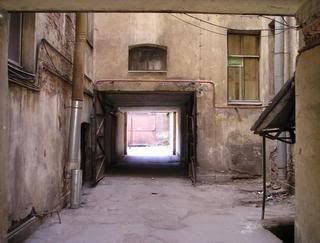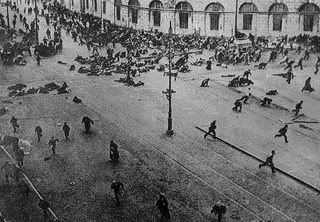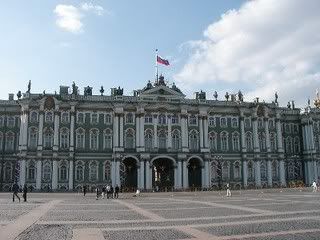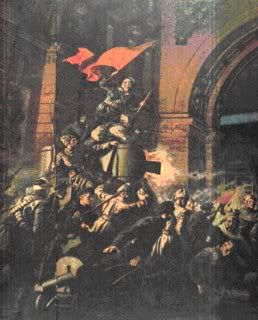
Tsar Nicholas II
Tsar Nicholas II was the last Tsar of imperial Russia, and he was an extremely conservative autocratic ruler, used to the absolute power that was granted to all rulers by the Russian constituition. For centuries, Tsars were thought by the people to be demi-gods, granted the divine right to rule by God Himself. Hence, Russia remained a constituitional monarchy for centuries, and even during the political unrest of the 1900s, Tsar Nicholas refused to relinquish his absolute power.
A family man, Nicholas did not care much for state affairs and was a terrible ruler - indecisive, weak and stubborn. He came to the throne unwillingly after the unexpected death of his father, and this further cemented his reluctance to become king. Although he was a kind man and a loving father, he could be extremel cruel to his subjects as he did not tolerate opposition of any kind, often resorting to forceful and bloody measures to quash all rebels.

Rasputin
Grigori Rasputin was a holy man (or priest) who seemed to be able to cure Alexei's (Nicholas' only son and heir) hemophilia. For years, the Romanov Royal family had been anxious to cure his disease but to little avail - no doctor could provide the boy with suitable medicine to cure the blood disorder, and for a long time, Tsarina Alexandra and Nicholas lived in constant fear that even an innocent little fall might leave their son prostrate. Rasputin was widely known for his mysterious healing powers, and though he had a terrible reputation, the Tsarina accepted him with open arms when he managed to dispel symptoms of Alexei's illness successfully each time. Rasputin then became a constant friend and advisor to the royal family, despite the rest of the country's protest. He was extremely close to the girls and the Tsarina especially, which sparked many rumours among the discontented peasants. Being in the Tsarina's constant favour allowed him a high postion and much authority in the royal court, and when the Tsar left for the warfront during the First World War, the Tsarina and Rasputin were put in charge of the court affairs. They were poor rulers and managed the country haphazardly, replacing competent ministers with their own incapable friends, causing Russia to spiral downward into deeper poverty and discontent.
Rasputin held a special power over the desperate Tsarina, and was able to gain much power over the country through favours from her. He was a deeply hated man by the Russians, which eventually resulted in his murder later during the revolution. It was rumoured that he often illicited sexual favours in exchange for holy acts, which further fuelled the people's mistrust of this fake 'holy' man. He held a certain hypnotic power over women of the court, and was hence deeply admired and elevated in the eyes of the noble ladies and his followers. It was said that he possessed dark magical powers that allowed him to hypnotize people to do his bidding, which certainly seemed so, judging by the way he puppeteered the Tsarina and the helpless Nicholas.

Tsarina Alexandra
Tsarina Alexandra was a German princess and the last Tsarina of imperial Russia, wife to Nicholas II. She was deeply hated because of her foreign birth and her notorious friendship with Rasputin. The public often thought of her as cold, haughty and extremely dull, which further prompted her to attend as few court gatherings as possible. She was not on very good terms with her mother-in-law, the Dowager Empress, who, despite her foreign birth, the public adored. Alexandra failed to produce a male heir after four daughters, which was a further disappointment to the people. This was why when her first and only son, Alexei, was diagnosed with hemophilia, she turned in desperation to the holy man Rasputin.
She was also a fervent advocate of the divine right to rule that granted the Tsar absolute power, and she felt that it was unnecessary to secure the public's approval, which further deepened the hatred that the Russians felt towards her.

Vladimir Lenin
Lenin was a communist politican and revolutionary who led the 1917 Revolution and formed the Soviet Union. He was the man who changed Russia by forming a Communist government that gave the people free rights to vote and established a classless society, where there was no hierachy, no absolute ruler, no discrimination based on background and power. He formed the Bolshevik party, a ruthless, centralised party that preached equality for all no matter what the cost. He condemned capitalism and helped industrialize backward and poverty-stricken Russia, resulting in the rise of a new middle, working class through the establishment of the New Economic Policy. This policy helped to kickstart the stagnant Russian economy, and the prospect of the people's future began to improve.

Leon Trotsky
Leon Trotsky was also one of the leaders of the 1917 revolution, and was one of Lenin's wingmen. He was thought by many to be the next successor of Lenin after Lenin's death, yet that position promptly went to Josef Stalin. Trotsky spent much of his remaining years battling against the policies and rise of Stalin. His theories of Marxism were closer to that of Lenin's and greatly opposed the practices of Stalinsm. As a result, he was thrown out of the Communist Party and sent into exile, and was eventually assassinated by a Soviet agent, most likely sent by Stalin.

Josef Stalin
Stalin prevailed over the power struggle with Trotsky following Lenin's death, and he was a ruthless man who replaced the successful New Economic Policy with Five-Year plans that forced too-rapid industrialization of the largely rural country and collective farming by confiscation of farm land. Rich farmers who protested against these plans were duly executed or exiled to Siberia. As Russia transformed rapidly from an agrarian economy to an industrial powerhouse, many died from the long working hours that Stalin enforced, and millions of others died from starvation and rampant poverty that remained unsolved.
He also launched the Great Purge, in an attempt to repress all political oppostion. Millions of innocent people suspected of treason or rebelling were sent to labour camps or killed.
